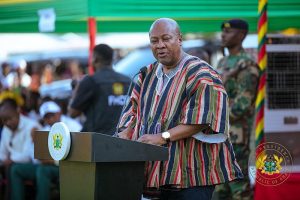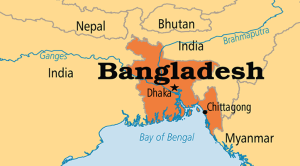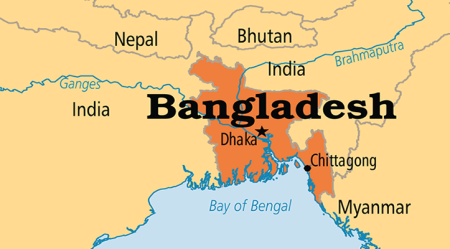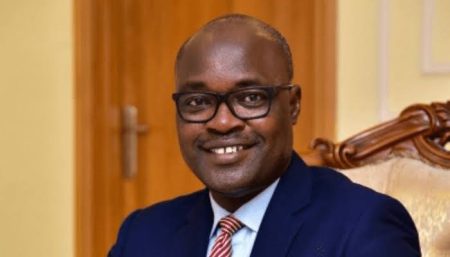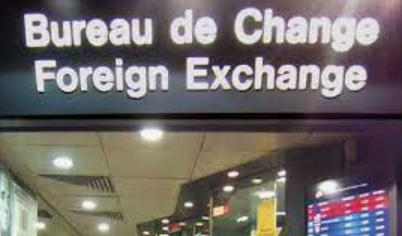The Nigerian government’s response to a damning report by Amnesty International (AI) on the country’s escalating insecurity has sparked controversy and criticism. The report, released in late 2023, detailed the alarming extent of violence and killings across several states, particularly Benue and Plateau, attributing the devastating toll to armed groups and bandits. AI’s findings pointed to a grim reality: at least 10,217 lives lost and 672 villages destroyed within the first two years of President Bola Tinubu’s administration. This painted a bleak picture of a nation grappling with widespread insecurity and a government seemingly unable or unwilling to protect its citizens.
Instead of acknowledging the gravity of the situation and addressing the concerns raised, the government, through the Minister of Information and National Orientation, Alhaji Mohammed Idris, dismissed the report as sensationalist and fear-mongering. This dismissive stance was further reinforced by the Office of the National Security Adviser (NSA), which summoned AI for a meeting. A letter preceding the meeting, originating from the NSA’s Counter-Terrorism Centre (CTU), had advised AI against publishing the report, claiming discrepancies with the government’s own data. This preemptive attempt to suppress the report’s dissemination raised concerns about transparency and the government’s willingness to engage with critical assessments of its performance.
The government’s reaction drew sharp criticism from the pro-democracy group, Take It Back Movement (TIB). The group accused the government of attempting to intimidate civil society organizations that dare to expose its failings. TIB argued that the government’s focus should be on rescuing communities ravaged by terror, not silencing those who highlight the very real suffering of its citizens. The TIB’s National Coordinator, Juwon Sanyaolu, pointed to the ongoing mass killings and displacement in Benue and Plateau states as irrefutable evidence of the government’s failure to address the security crisis. Sanyaolu challenged the NSA’s characterization of the report as “misleading,” arguing that such a dismissive label underscored the administration’s disregard for the rampant insecurity plaguing the nation.
The clash between AI’s report, the government’s denial, and TIB’s criticism highlights a deeper issue: the struggle for accountability and transparency in Nigeria’s security landscape. The government’s apparent prioritization of image management over addressing the root causes of violence raises serious questions about its commitment to protecting its citizens. The attempt to discredit AI’s report, rather than engaging with its findings constructively, suggests a reluctance to acknowledge the severity of the situation and a potential unwillingness to implement necessary reforms.
The TIB’s call for the government to prioritize the safety of its citizens over public image resonated with many concerned about the escalating violence. The organization’s insistence on protecting the voices of critics and human rights groups underscores the importance of open dialogue and critical scrutiny in addressing complex societal challenges. Silencing dissent, especially in times of crisis, can further erode public trust and hinder effective solutions. The government’s response to the AI report, therefore, became a litmus test for its commitment to democratic principles and the rule of law.
The unfolding events surrounding the AI report and the government’s subsequent reaction underscore the crucial role of civil society organizations in holding power accountable. The TIB’s stance, challenging the government’s narrative and demanding action, exemplifies the power of organized citizen engagement. By amplifying the voices of those affected by violence and demanding accountability, organizations like TIB contribute to strengthening democratic processes and advocating for a more secure and just society. The situation in Nigeria serves as a stark reminder that protecting human rights and ensuring citizen security are not merely abstract ideals but fundamental responsibilities of any government, and that a vibrant civil society is essential for holding those in power accountable to these responsibilities.


